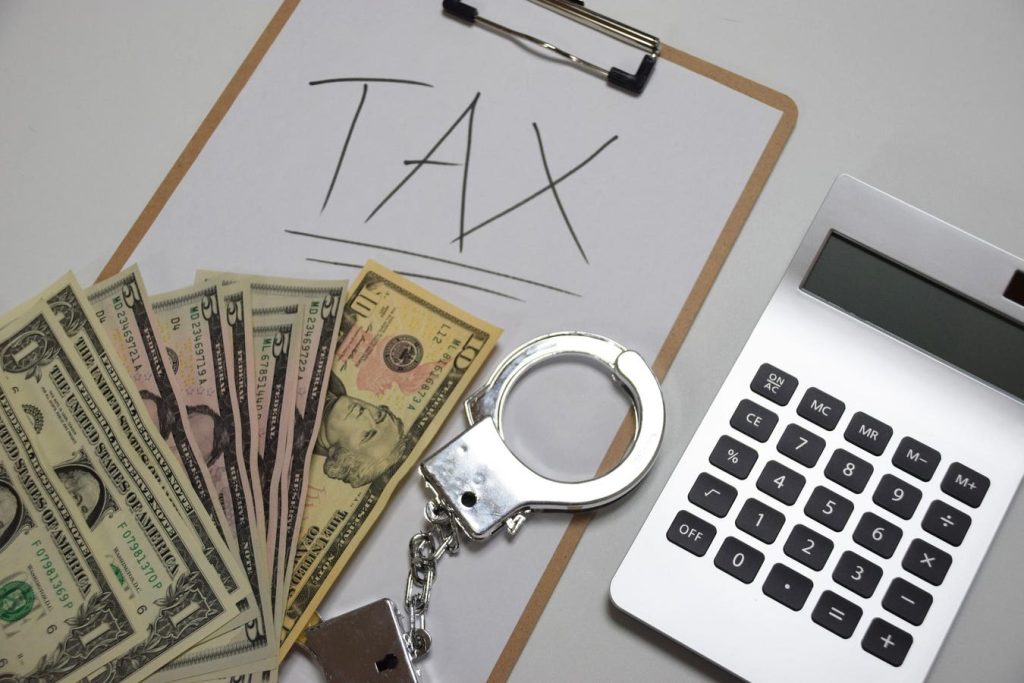The COVID-19 pandemic brought about unprecedented economic challenges, prompting the U.S. government to implement various relief programs, including the Employee Retention Credit (ERC) and the Paid Sick and Family Leave Credit (SFLC). These programs aimed to incentivize businesses to retain employees and provide paid leave for those affected by the pandemic. While these initiatives provided crucial support to many legitimate businesses, they also unfortunately became a target for fraudulent activities. One such instance is detailed in a recent federal indictment, revealing a complex multi-state conspiracy involving seven individuals who allegedly defrauded the government of over $600 million by filing thousands of false tax returns.
The indictment alleges that the defendants, operating under the guise of a credit repair business named Credit Reset, systematically exploited the ERC and SFLC programs for personal gain. Between November 2021 and June 2023, they are accused of preparing and filing more than 8,000 fraudulent employment tax returns on behalf of themselves and their clients. These returns contained various fabricated claims, including inflated SFLC amounts exceeding reported wages, double-dipping by claiming both sick and family leave credits for the same wages, and simultaneously claiming both ERC and SFLC for identical wages—all violations of the programs’ regulations. This elaborate scheme enabled the defendants to receive substantial tax refunds from the U.S. Treasury, while also collecting fees from clients based on the refunds obtained.
The conspiracy extended beyond the core group of defendants, as they allegedly recruited additional individuals into the scheme, offering them a percentage of the fraudulently acquired funds as compensation. This network further amplified the scope of the fraud, resulting in the IRS disbursing approximately $45 million to the defendants and their clients before the scheme was uncovered. To conceal their illicit activities, the defendants reportedly employed various tactics, including omitting their names as paid preparers on the tax returns and utilizing Virtual Private Networks (VPNs) to mask their IP addresses during the filing process. Furthermore, they allegedly facilitated the creation of shell companies for clients who lacked legitimate businesses, providing a façade for their fraudulent claims.
The unraveling of this elaborate scheme began when the IRS and Social Security Administration (SSA) detected discrepancies in the filed returns, prompting them to request additional information from the defendants. In response, the defendants allegedly provided false information to both agencies in an attempt to maintain the charade. Further investigation revealed that some of the defendants had also submitted fraudulent Paycheck Protection Program (PPP) loan applications, further compounding the extent of their illegal activities. This discovery led to a comprehensive investigation, culminating in the indictment of the seven individuals on a multitude of charges.
The 45-count indictment includes charges ranging from conspiracy to defraud the United States and wire fraud to aiding and assisting in the preparation of false tax returns. Several defendants also face additional wire fraud charges related to the fraudulent PPP loan applications. The severity of these charges is reflected in the potential penalties, with prison sentences ranging from five years for conspiracy to defraud the United States, up to 20 years for each wire fraud charge related to the ERC scheme, and up to 30 years for each wire fraud charge associated with the PPP fraud. Each count of aiding and assisting in the preparation of false tax returns carries a maximum penalty of three years in prison.
While the indictment represents a significant step towards holding the defendants accountable, it is crucial to remember that these are merely allegations. The defendants are presumed innocent until proven guilty beyond a reasonable doubt, and the prosecution bears the burden of proving their case in court. However, if convicted on all counts, the defendants could face substantial prison sentences, underscoring the serious consequences of engaging in tax fraud and exploiting government relief programs designed to assist those in genuine need during times of crisis. The case serves as a stark reminder of the importance of ethical conduct and compliance with tax laws, particularly in the context of government assistance programs. It also highlights the vigilance of regulatory agencies in detecting and prosecuting fraudulent activities that undermine the integrity of these programs and deprive deserving individuals and businesses of much-needed support.

